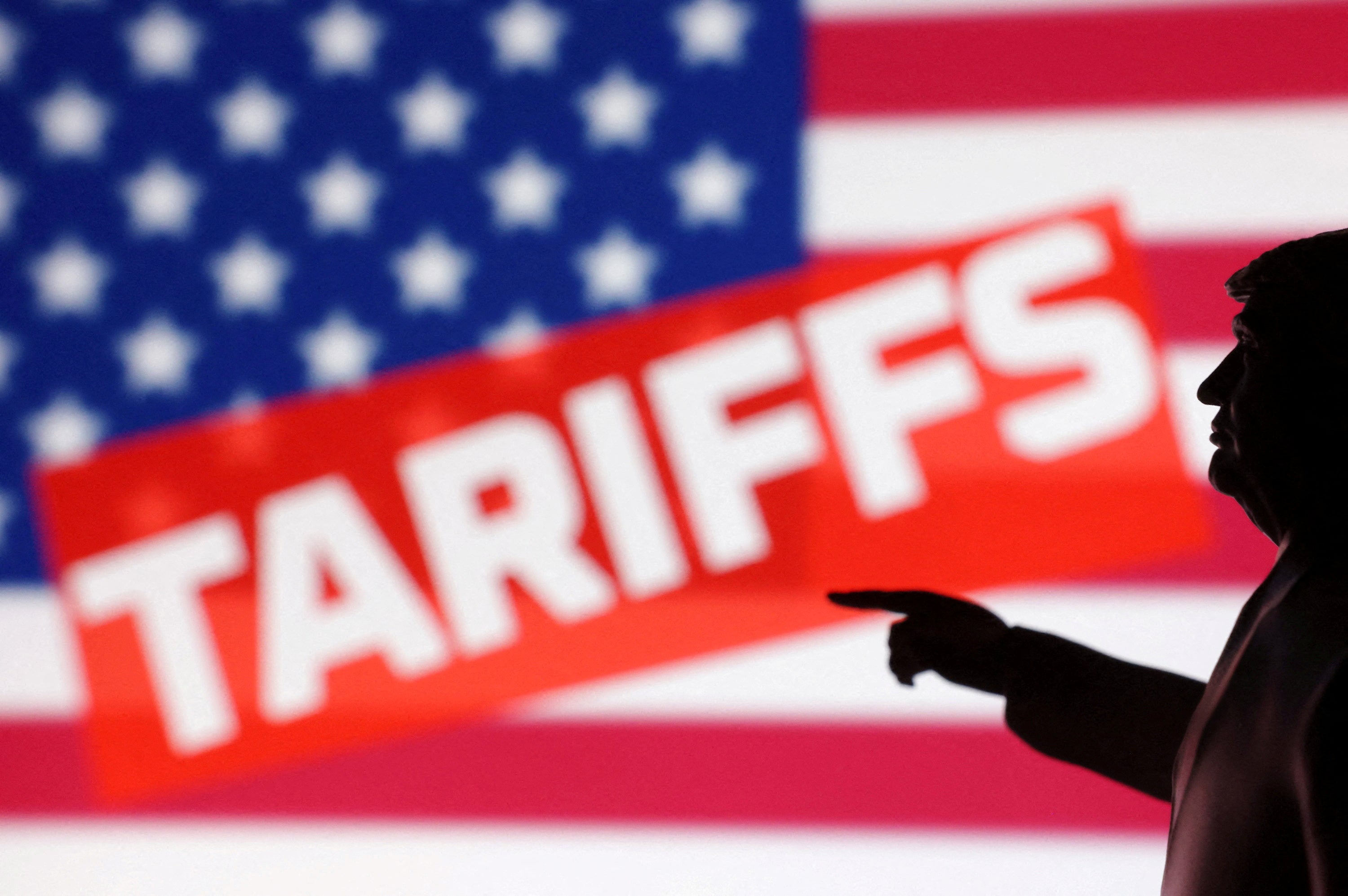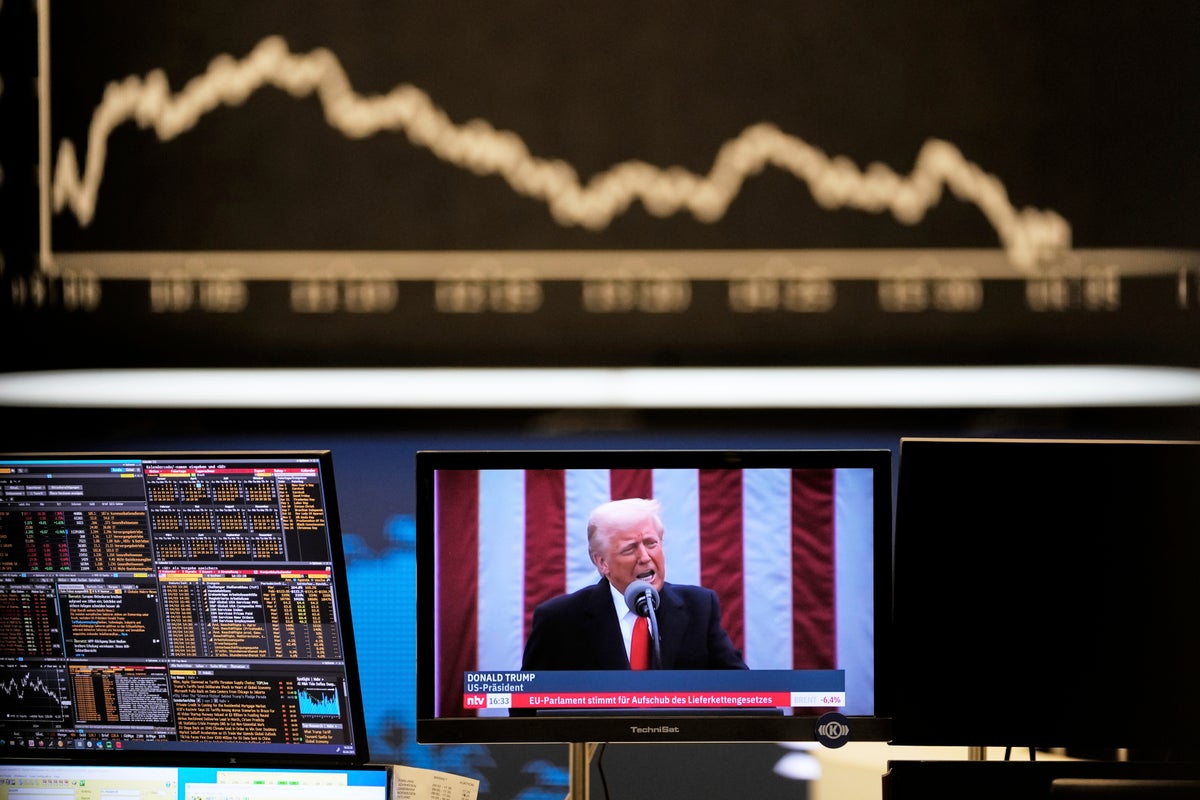Your support helps us to tell the story
From reproductive rights to climate change to Big Tech, The Independent is on the ground when the story is developing. Whether it’s investigating the financials of Elon Musk’s pro-Trump PAC or producing our latest documentary, ‘The A Word’, which shines a light on the American women fighting for reproductive rights, we know how important it is to parse out the facts from the messaging.
At such a critical moment in US history, we need reporters on the ground. Your donation allows us to keep sending journalists to speak to both sides of the story.
The Independent is trusted by Americans across the entire political spectrum. And unlike many other quality news outlets, we choose not to lock Americans out of our reporting and analysis with paywalls. We believe quality journalism should be available to everyone, paid for by those who can afford it.
Your support makes all the difference.Read more
Companies have so far passed almost 40 percent of Donald Trump’s foreign import tariffs onto consumers, though that figure may still increase further.
Even large manufacturers who have been able to absorb many of the costs of the international levies have warned that should the situation continue, or even worsen, they will be forced to hike up prices.
Since Trump’s announcement of sweeping global tariffs in April, companies have passed about 37 percent on to consumers, 9 percent onto their suppliers and absorbed 51 percent through August, according to research by Goldman Sachs.
So far the tangible effects on consumers’ wallets has been limited, though sectors including the auto industry have warned that they cannot hold out forever continuing to shield their customers from further price increases.
It comes after an inflation report published Friday found that U.S. inflation had remained elevated, though prices rose less than feared last month.

open image in gallery
Since Trump’s announcement of sweeping global tariffs in April, companies have passed along about 37 percent on to consumers, 9 percent onto their suppliers and absorbed 51 percent through August, according to Goldman Sachs. This may be set to increase (Reuters)
The report from the Labor Department showed that consumer prices increased 3 percent in September from a year earlier, up from 2.9 percent in August. Excluding food and energy categories, which are more volatile, core prices also rose 3 percent, a decline from 3.1 percent in the previous month.
Such figures reflect the desire by corporations to keep their prices low, though many understand that investors will not continue to accept narrow profit margins forever.
Analysts suggest that the reluctance to raise prices reflect the hope by some that the White House will eventually back down on some of its exorbitant foreign levies – including those on Chinese imports.
Michael McAdoo, a partner at the consulting firm BCG’s global trade and investment group, told The New York Times that many of his clients had eaten Trump’s tariffs in the hope that the economic landscape would stabilize.

open image in gallery
It comes after an inflation report published Friday found that U.S. inflation had remained elevated, though prices rose less than feared last month (EPA)
Now however, “some are trying to squeeze the foreign supplier, and some are trying to improve their own operations, and some are using pricing,” he told the paper.
In addition, many companies who stockpiled products or other supplies before the tariffs were put into place are now running out of the inventory that allowed them to buffer their price increases. This is especially true for smaller businesses.
“We’ll have another price increase absolutely coming soon,” Richard Rosenfeld, owner of Two Leaves and a Bud, a Colorado-based tea company, told The New York Times.
“And I can’t imagine that we won’t have multiple rounds of price increases next year as all these tariffs affect not only us but all the suppliers who supply us and supply our suppliers.”
